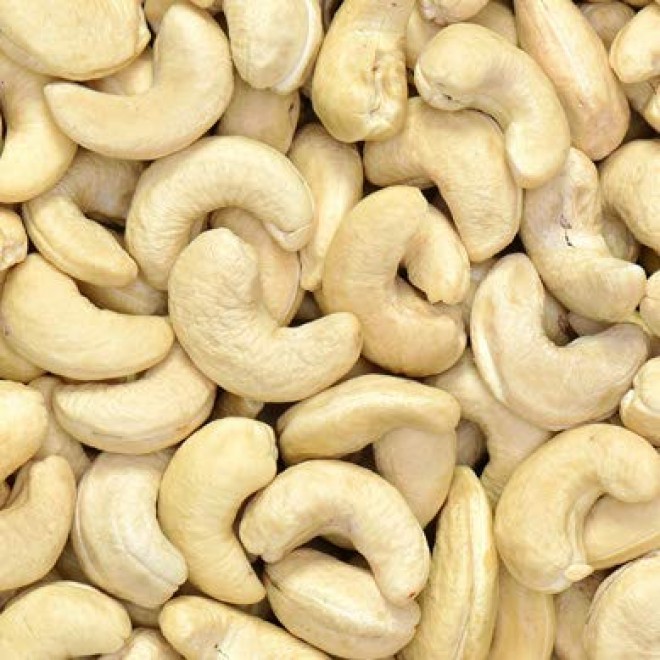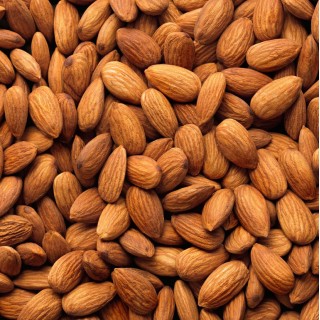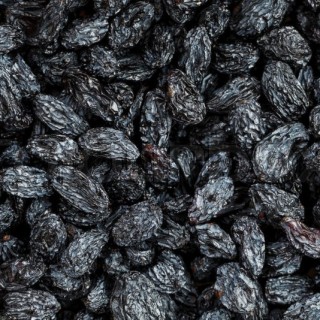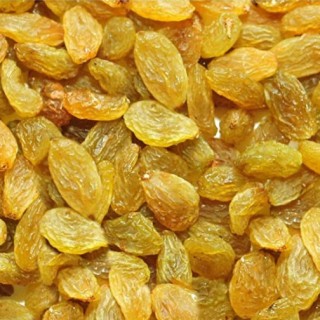Panruti Cashew Nut W320 Grade-பண்ருட்டி முந்திரி பருப்பு
Panruti Cashew Nut W320 Grade-பண்ருட்டி முந்திரி பருப்பு
- Product Code: Cashew-nut-01
- Weight:250 g
- Availability: In Stock
- ₹375.00₹475.00
- Ex Tax: ₹375.00
Panruti Cashew Nut W320 Grade- பண்ருட்டி முந்திரி பருப்பு
Panruti is a developing city, municipality and taluk headquarters of Cuddalore district, Tamil Nadu, India. Panruti is famous for cashew nuts. The cashew nuts grown here is exported worldwide and is very sweet.
The cashew nut, a popular treat found on grocery and health food store shelves across the world, is jam-packed with nutritional content. It packs 5 grams of protein per ounce and high levels of the essential minerals iron, magnesium, phosphorus, zinc, copper and manganese, which are utilized in holistic health solutions and healthy diets.
Diet and Weight Management :
Cashew nuts do have a relatively high fat content (12 grams per ounce, 2 grams saturated fat), but it is considered “good fat.” This is due to the agreeable fat ratio in the nut, 1:2:1 for saturated, monounsaturated, and polyunsaturated, respectively, which scientists say is the ideal ratio for optimal health.
Cashew nuts also have a fatty acid profile that contributes to good health through phytosterols, tocopherols, and sqaulene, all of which lower the risk of heart disease, combined with the nut's zero percent cholesterol content.
Even with the relatively high fat content, cashew nuts are considered to be a “low-fat” nut. In fact, cashew nuts contain less fat per serving than many other popular nuts commonly found in grocery stores and health food stores, including almonds, walnuts, peanuts and pecans. Recommendations vary for cashew nut consumption in diet and weight loss.
Cashew nuts have a high energy density and high amount of dietary fiber, both which have been attributed to a beneficial effect on weight management, but only when eaten in moderation.
Cardiovascular and Circulatory Health :
With no cholesterol, a rarity for such a tasty and pleasing treat, cashew nuts are a healthy fat food for heart patients. And because of their high levels of monounsaturated fatty acids, they also help support healthy levels of low good (HDL) cholesterol.
Magnesium :
The cashew nut's high magnesium content also takes the credit for its healthy heart qualities. In their raw form, cashews contain 82.5 milligrams of magnesium per ounce, or 21 percent of the daily recommended value of the heart healthy mineral, which also protects against high blood pressure, muscle spasms, migraine headaches, tension, soreness and fatigue.
Magnesium also works with calcium to support healthy muscles and bones in the human body.
Antioxidants :
And with a high copper content, too, cashew nut consumption helps the body utilize iron, eliminate free radicals, develop bone and connective tissue, and produce the skin and hair pigment melanin.
Copper, which is an essential component of the enzyme superoxide dismutase , is vital in energy production and antioxidant defense, producing greater flexibility in blood vessels, bones and joints.
Diabetes :
Recent clinical trials have shows that cashews and other nuts work with a person's lipid profile to have a beneficial effect on those with diabetes or at risk for diabetes.
And with 37.7 percent of the daily recommended value of monounsaturated fats, cashews can reduce triglyceride levels in diabetics, protecting them from further complications.
Integrating frequent nut consumption into your diet, especially raw cashews, may lower the risk of developing Type 2 Diabetes, the most commonly diagnosed form of diabetes in America today.
Gallstones :
All nuts, including the cashew nut, have been associated with a reduced risk of gallstone disease.
According to the Nurses' Health Study, looking at the dietary data of 80,718 women, integrating at least one ounce of nuts a week, such as cashews, gives women a 25 percent lower risk of developing gallstones.
Dental Health :
Research has also shown that chemicals in cashew nuts kill gram positive bacteria, a pervasive mouth affliction that causes tooth decay, acne, tuberculosis and leprosy.
Eating cashew nuts at moderate levels, some say, can eliminate abscessed teeth, though this has not been proven yet by proper clinical trials.
Topical Uses :
While the cashew nut is most enjoyed when eaten, it also possesses astringent qualities that are now used in topical creams and gels.
A Philippine scientist who has made a career out of studying the health benefits of cashew nut extract markets the extract in a cream for warts, moles and other skin growths.
The Philippine-produced cream is also reportedly effective on basal cell carcinoma, the most common type of skin cancer, though this too is not yet available in the U.S.
Ensure Freshness :
Always check your cashews for freshness before you dig in. While cashews have a high amount of the stabilizing oleic acid, a monounsaturated fatty acid, they should always be stored in a tightly sealed container in a cool, dry place.
And don't eat too many at once. Because of their high fat content, over consumption of cashew nuts can cause unwanted weight gain in individuals. The oxalates in cashews can also become concentrated in body fluids, crystallizing and causing health problems in people with preexisting kidney or gallbladder problems.
Vitamin Content of Cashew:
Huge amounts of Vitamin K, Thiamin, Vitamin B6 and Pantothenic Acid are present. Further, cashews are also rich in Vitamin E, Folate, Niacin and Riboflavin but consists of Vitamin C in traces only.
Calorie Content of Cashew:
Cashew has a calorific value of 553.0 per 100 gm.
Health Benefits of Cashew:
Like other nuts Cashew too has an obesity and gallstones fighting property. Presence of high amount of Magnesium ensures healthy bones and teeth structure, while copper produces energy and increases capability of antioxidant defenses. Effects in a healthy heart and bloodstream. Thus, the risk of heart related disease, diabetes and obesity is greatly reduced. Iron controls red-blood cell function and enzyme activity.
With cashew nuts, moderation is key in reaping the health and flavor benefits of nature's treat.
Article Bibliography:
Cashew nuts are beneficial for your health as they contain Heart-Protective Monounsaturated Fats, Copper, and Magnesium
A quarter-cup of cashew nuts supplies:
37.4% of the daily recommended value of monounsaturated fat
38.0% of the daily recommended value for copper
22.3% of the daily recommended value for magnesium
Cashew Nuts Contain Heart-Protective Monounsaturated Fats
Cashews have a lower fat content than most other nuts
Cashews contain primarily unsaturated fatty acids, 75% of which is oleic acid, the same heart-healthy monounsaturated fat found in olive oil
Oleic acid found in Cashews promotes good cardiovascular health
Monounsaturated fats reduce high triglyceride levels which are associated with increased risk for heart disease
Eating cashews provides the body with a good source of Copper
Copper plays a role in a wide range of physiological processes including :
Iron utilization
Elimination of free radicals
Development of bone and connective tissue
Production of the skin and hair pigment called melanin
Energy production
Antioxidant defenses
Adequate levels of Magnesium in the body:
Ensures healthy bones
Helps lowers blood pressure
Prevents heart attacks
Promotes normal sleep patterns menopausal women
Reduces the severity of asthma
